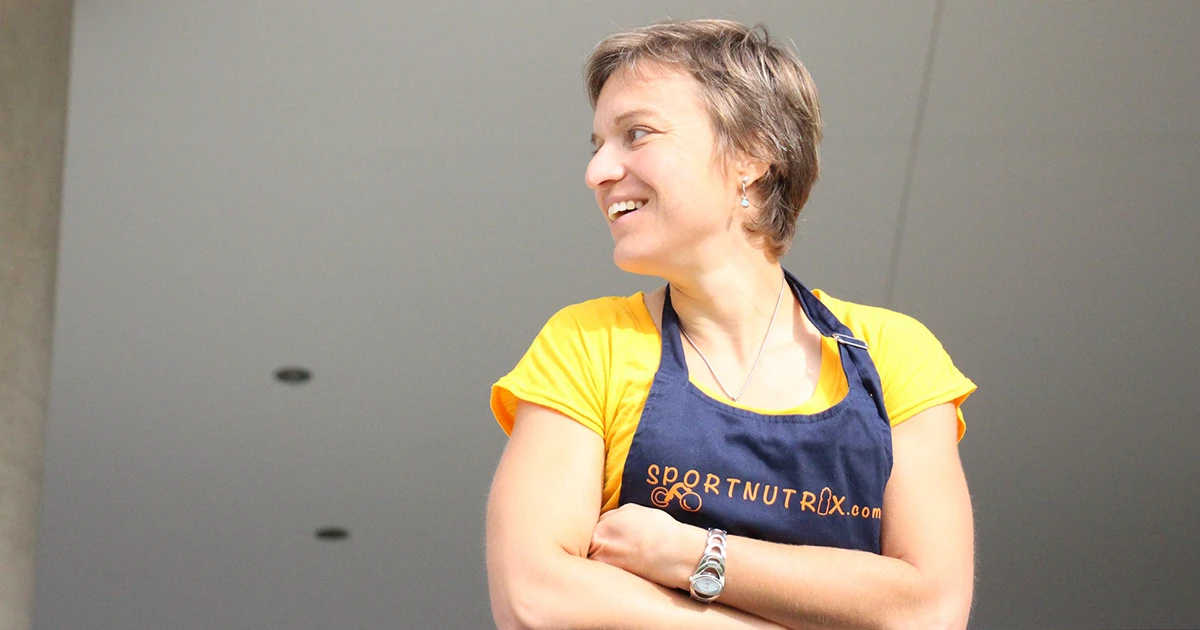
Gesünder &
Sportlicher
Leben
Optimiere deine sportliche Performance und Gesundheit mit meiner für dich personalisierten Ernährungsbetreuung, die deinen individuellen Bedürfnissen entspricht.
Jetzt anfragen
Über Sportnutrix
Leidenschaft für Sporternährung und Wissenschaft
Mit über zehn Jahren Erfahrung in Sporternährung und Sportwissenschaft sowie einer starken wissenschaftlichen Grundlage stehe ich dir für alle Fragen rund um Sport, Gesundheit und Ernährung zur Verfügung.
Mehr über JudithLeistungen
Gemeinsam schaffen wir Großartiges
Transformiere deine Ernährung und erwecke das Beste in dir – für ein Leben voller Energie, Vitalität und sportlicher Höchstleistungen.
Mehr erfahrenJetzt kontaktieren
Bereit, den ersten Schritt zu deinem Erfolg zu machen?
Transformiere deine Ernährung und erwecke das Beste in dir – für ein Leben voller Energie, Vitalität und sportlicher Höchstleistungen.





